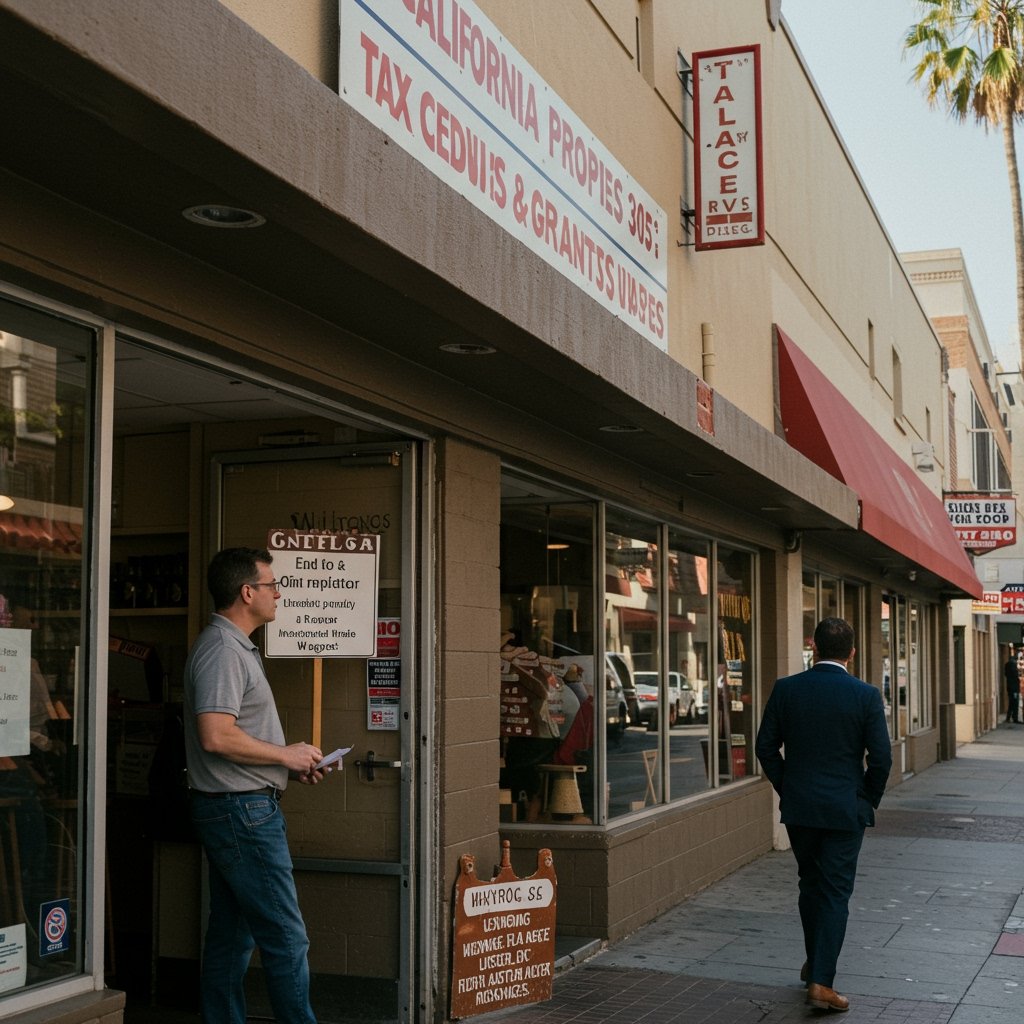California Legislator Introduces Bill AB 305 Targeting Restaurant Wage Impact
Sacramento, CA – In a significant legislative move aimed at bolstering the financial stability of the state’s independent dining establishments, Assemblymember Anya Rodriguez officially introduced California Bill AB 305 on March 5, 2025. The proposed legislation is specifically designed to provide targeted economic relief to restaurants operating independently, particularly those facing increased operational costs driven by California’s evolving minimum wage landscape. AB 305 emerges as a direct response to concerns voiced by small business owners in the restaurant sector, seeking assistance to absorb rising labor expenses without disproportionately impacting their viability or consumer prices.
Key Provisions: Tax Credits and Operational Support Fund
Bill AB 305 focuses its support on dining establishments characterized by having fewer than 50 locations, thereby explicitly targeting the state’s vast network of small and medium-sized independent restaurants rather than large chains. The bill outlines two primary mechanisms for providing relief:
Firstly, it proposes a $6,000 annual state tax credit specifically for qualifying independent restaurants. This tax credit is intended to serve as direct financial assistance, allowing businesses to offset a portion of their increased labor costs resulting from mandated wage adjustments. Proponents argue that this recurring credit would provide predictable relief, enabling restaurants to better budget and manage their expenses in a high-cost operating environment.
Secondly, AB 305 calls for the creation of a new $25 million fund. This fund is designated for small business operational support, with independent restaurants being primary beneficiaries. The funds are envisioned to be accessible through grants, providing capital for operational needs that may be strained by higher payroll expenses. This could include investments in technology to improve efficiency, training programs to enhance staff productivity, or direct support for day-to-day operating costs. The structure and distribution of grants from this fund would be detailed within the bill’s framework, prioritizing accessibility for qualifying small establishments across the state.
Addressing the Impact of Rising Labor Costs
The introduction of AB 305 is set against the backdrop of recent adjustments to the state’s minimum wage and, in particular, the state’s restaurant wage floor. While broad minimum wage increases affect all employers, the restaurant industry often operates on thin margins, making labor costs a particularly sensitive area. Independent restaurants, unlike larger corporations, may lack the scale or financial reserves to easily absorb significant increases in payroll expenses without potentially resorting to price hikes that could deter customers or cutting back on staff hours.
Furthermore, the bill specifically addresses concerns from small restaurateurs who may not be covered by or benefit from sector-specific wage councils or agreements designed for certain segments of the food service industry. AB 305 aims to fill potential gaps in support, ensuring that the independent operators who form the backbone of local dining scenes also receive targeted assistance as labor costs rise statewide.
Targeted Support for High-Cost Urban Areas
The necessity of such targeted support is particularly acute in California’s high-cost urban centers. Areas like San Francisco and San Diego are cited implicitly as locations where independent restaurants face a compounding challenge: not only are minimum wages typically higher due to local ordinances or the statewide floor, but operational costs such as rent, supplies, and permits are also significantly elevated. The proposed tax credits and access to the $25 million fund are intended to provide crucial lifelines for these businesses, helping them to sustain operations, retain employees, and continue contributing to the vibrant culinary landscape of these major cities despite the intense economic pressures.
By focusing relief on establishments with fewer than 50 locations, AB 305 ensures that the aid is directed towards genuinely independent businesses. This criterion is designed to prevent larger corporate entities from accessing funds intended for smaller, local operators who face distinct and often more severe financial constraints when adapting to significant increases in labor expenses. The bill recognizes that independent restaurants are vital community anchors, providing unique dining experiences and local employment, and their continued success is essential for the economic and cultural health of California.
Legislative Context and Outlook
Assemblymember Anya Rodriguez’s sponsorship of AB 305 underscores a legislative effort to proactively address the economic impact of state policies on specific, vulnerable business sectors. The bill is expected to undergo standard legislative review processes, including committee hearings and floor votes in both the Assembly and the Senate. Stakeholders within the restaurant industry, labor groups, and consumer advocates are anticipated to weigh in on the proposed measures. The outcome of AB 305 will depend on its navigation through the legislative session, but its introduction signals a clear intent to provide tangible financial relief to independent restaurants grappling with the financial realities of rising rising labor expenses in California.








